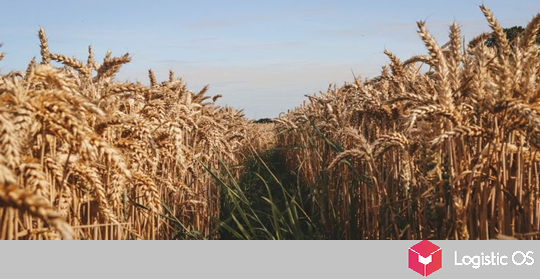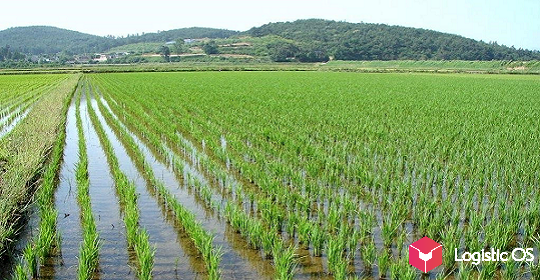Exporters report delays in issuing phytosanitary certificates.
According to market participants, some difficulties in the preparation of documentation appeared after the meeting of the subcommittee on customs and tariff regulation and non-tariff regulation held on November 9.
The meeting discussed the issue of raising tariffs for the export of sunflower in connection with its significant growth, a decrease in yield and, as a consequence, underutilization of oil processing enterprises.
The initiative to speed up the resolution of this issue was shown by the Fat and Oil Union after the announcement that Turkey is «zeroing» the duties on sunflower imports, which were previously 3% plus $ 100 per tonne.
The preferential import regime will last until June 30, 2021.
Against this background, Russian producers have practically stopped the sale of seeds, expecting a rise in prices.
This has already happened in part: since the end of last week, sunflower prices have grown by 4,000 rubles. and reached 40,000 rubles.
The current situation with the lack of offers for sale brought the processing industry into collapse: difficulties arose with the purchase of raw materials.
At the same time, representatives of the Fat and Oil Union believe that even the predicted harvest of 13 million tons will only load 70% of production capacity.
And if the state does not take measures to restrict the export of seeds abroad, many enterprises will simply go bankrupt.
In addition, the final product will be lost in significant quantities, which can be exported in large volumes.
And although converters suggested increasing the export duty to 20%, during the meeting the possibility of increasing it to 30% was considered.
In fact, there is no official decision, but exporters have problems with export.
Market participants compare this situation with March 2020, when they faced a temporary unofficial restriction on the export of seeds — for several weeks exporters could not receive phytosanitary certificates.
Such cases are currently known in the South of Russia.
Rosselkhoznadzor, in turn, denies the appearance of such delays, arguing the current situation by the fact that all permits are issued in the prescribed manner and with full compliance of the shipped consignments with the requirements of the importing countries.
In particular, this concerns the conduct of relevant studies on the absence of GMOs.
According to the ministry, in 2020, manufacturers were identified who violated the law of the Russian Federation prohibiting the cultivation of products, the genetic program of which was modified using genetic engineering.
For example, in the course of the investigation carried out after reports from the PRC on the discovery of GMOs in rapeseed and soybean oil produced in Russia, cases of GMO-rapeseed cultivation in the Chuvash and Nizhny Novgorod regions and GMO-soybeans in the Volgograd region were revealed.
The fact of detection of GMO-rapeseed, which followed for processing from the Tula region, is also being investigated.

In any case, the delay in receiving the documentation will primarily affect exporters.
These situations are not considered force majeure, so those who have entered into a supply contract will be forced to compensate the consignee for the difference between the cost of the disrupted delivery and a new contract that the importer will conclude.
On average, such losses will cost exporters several tens of dollars per ton.
And ultimately, they can lead to the fact that exporters will minimize the conclusion of contracts, and producers will reduce crops.

